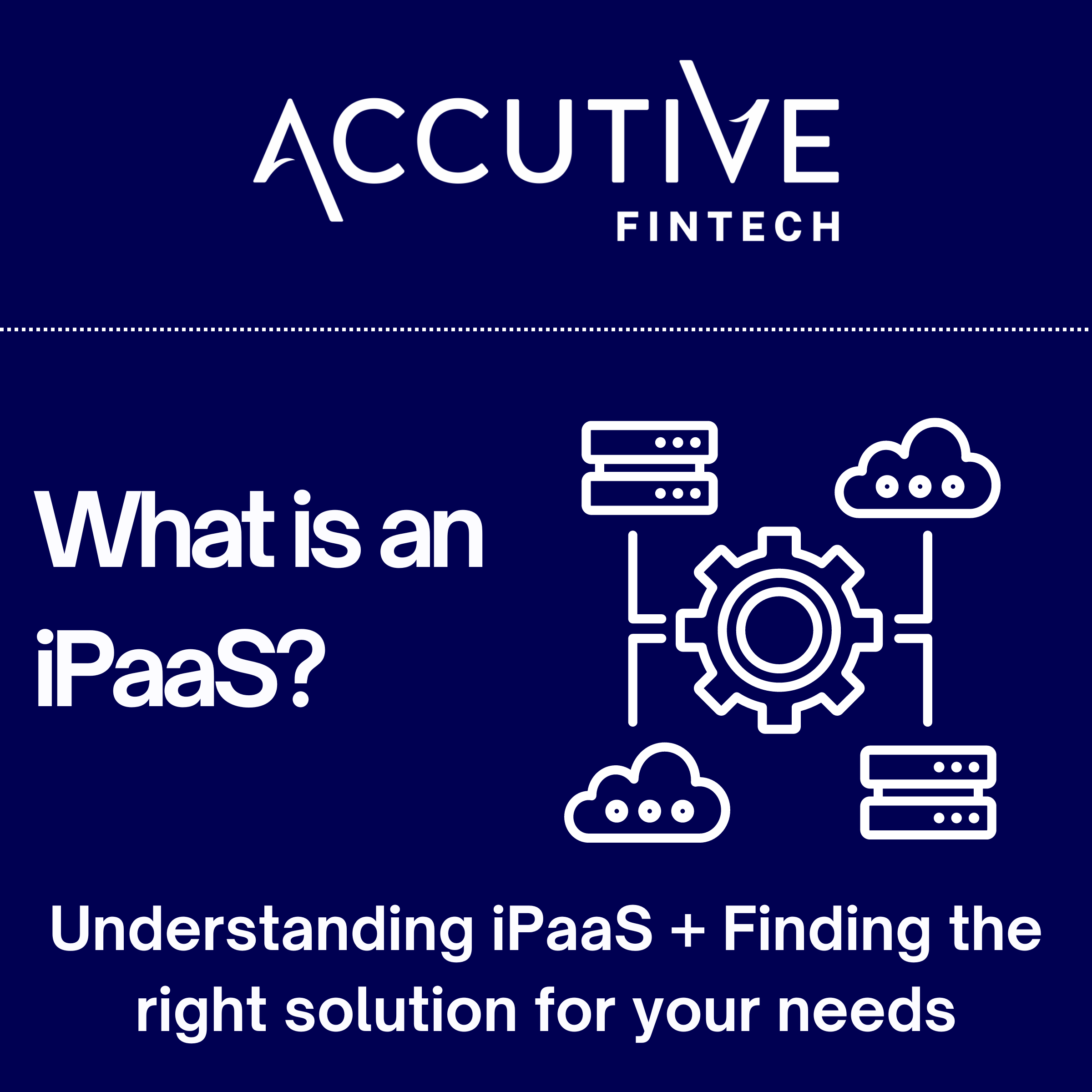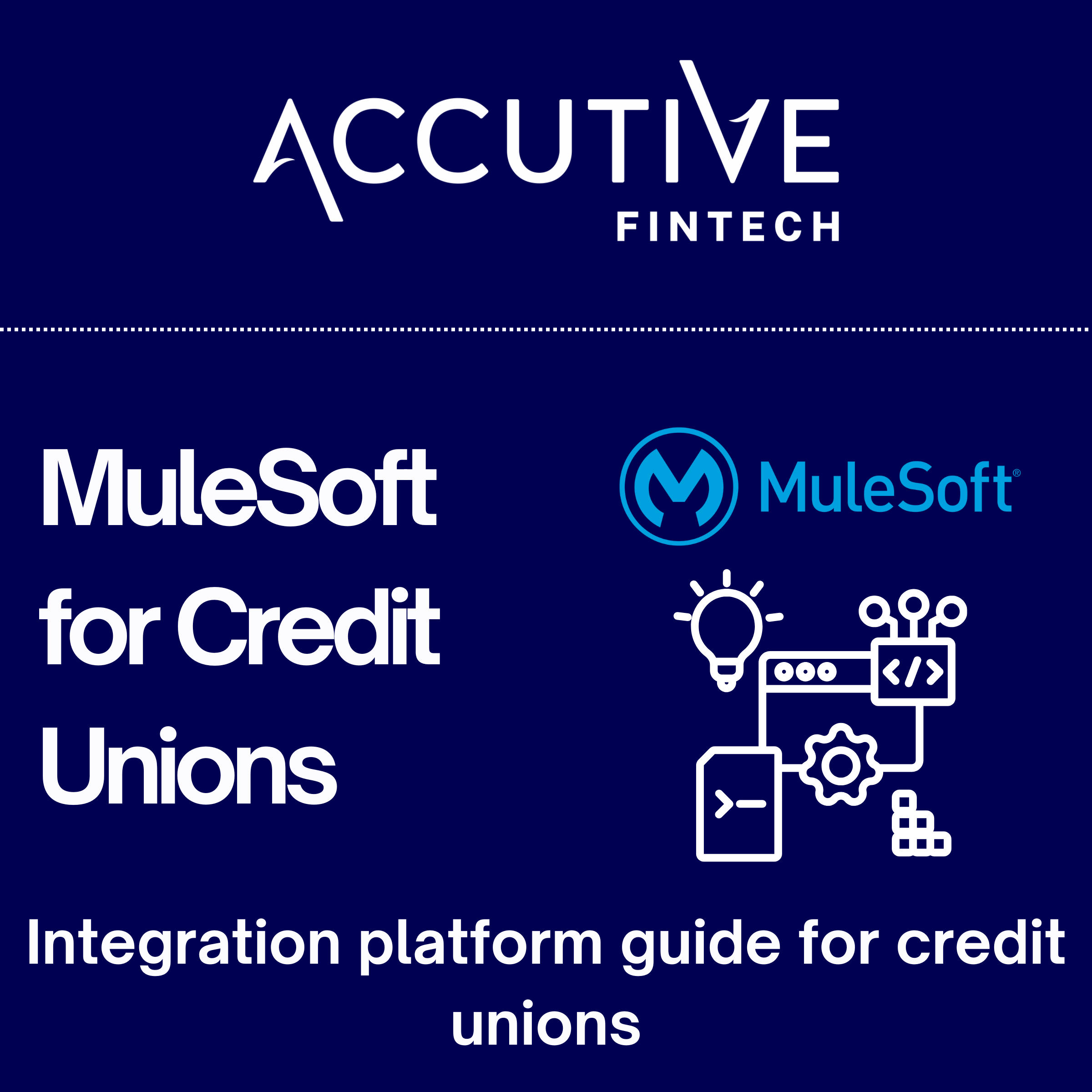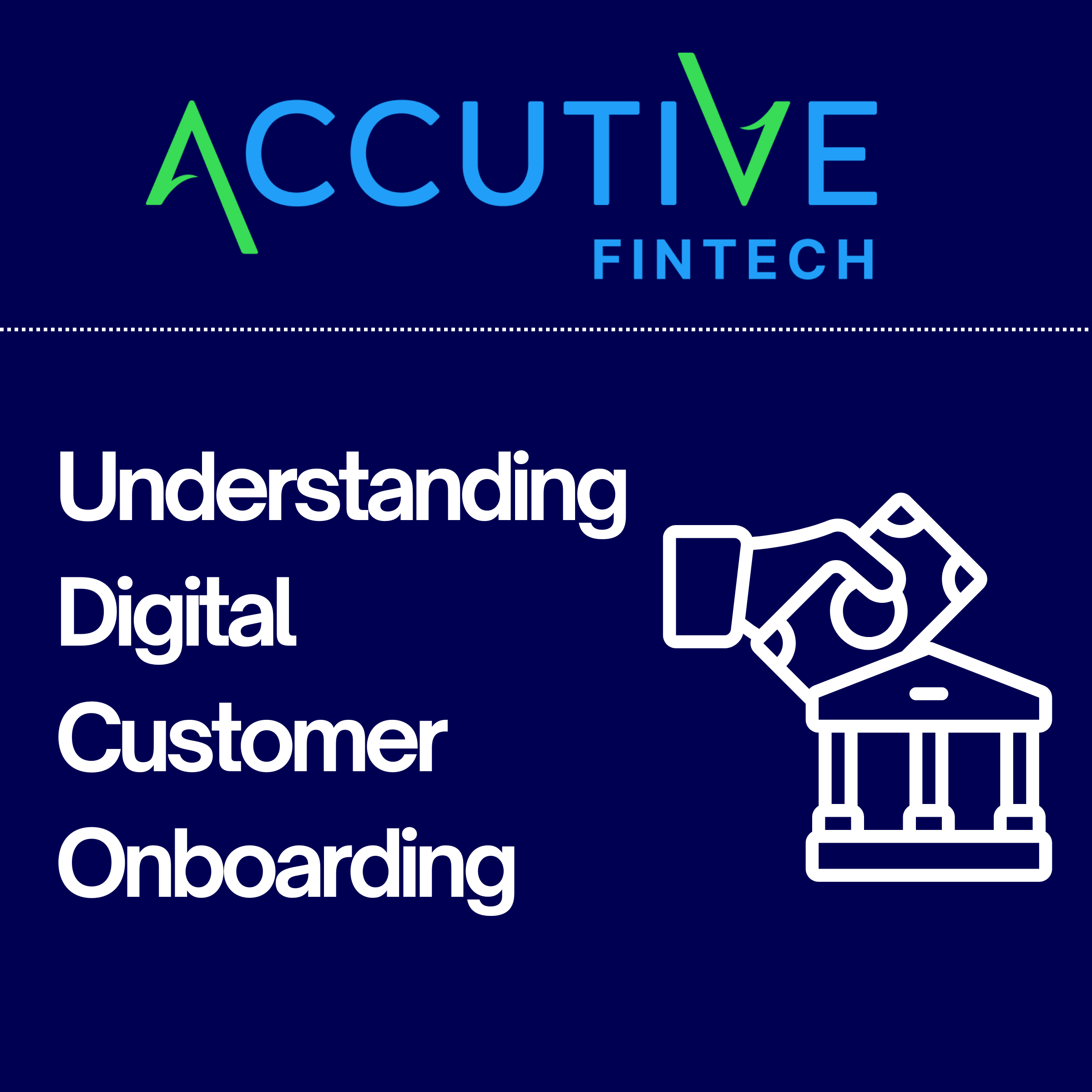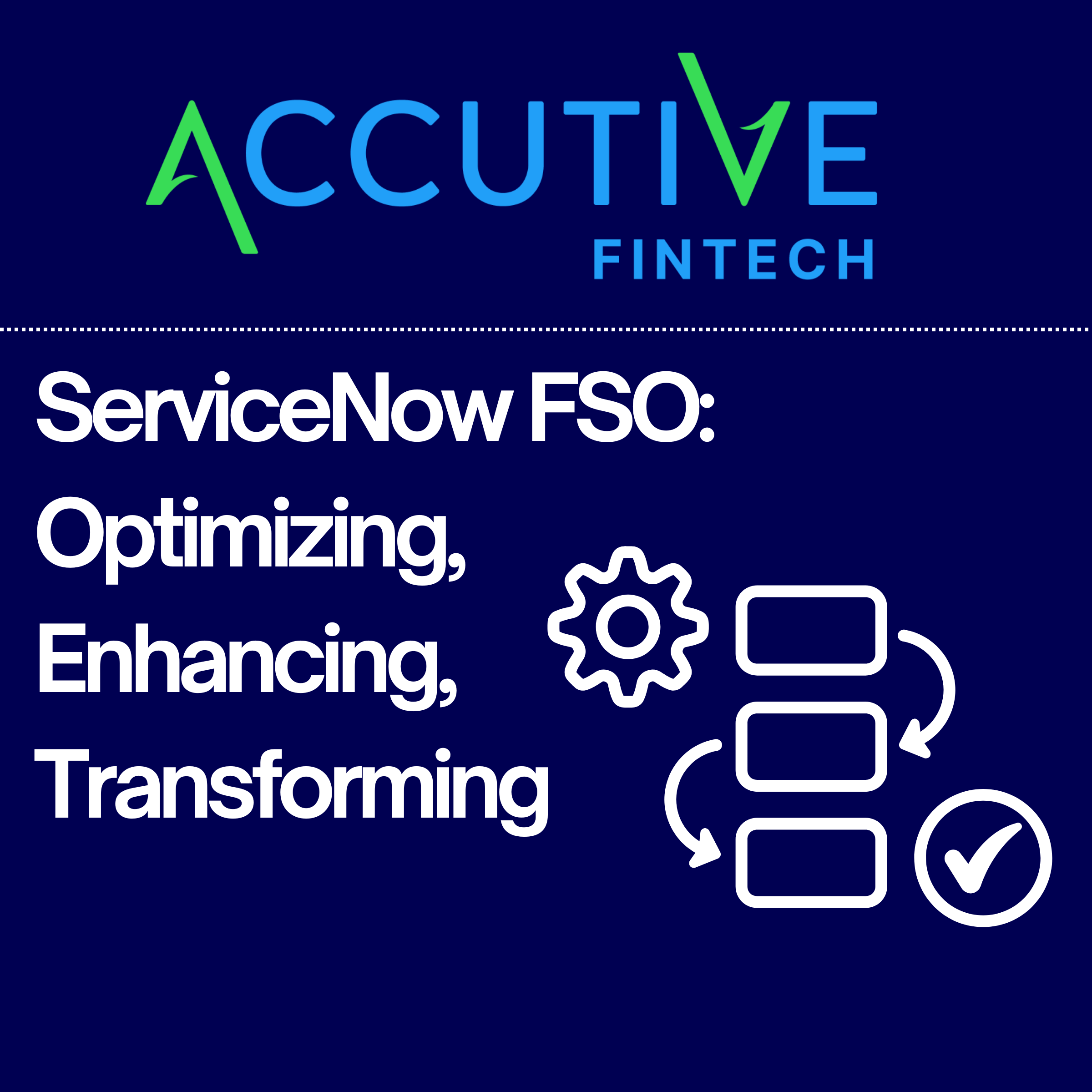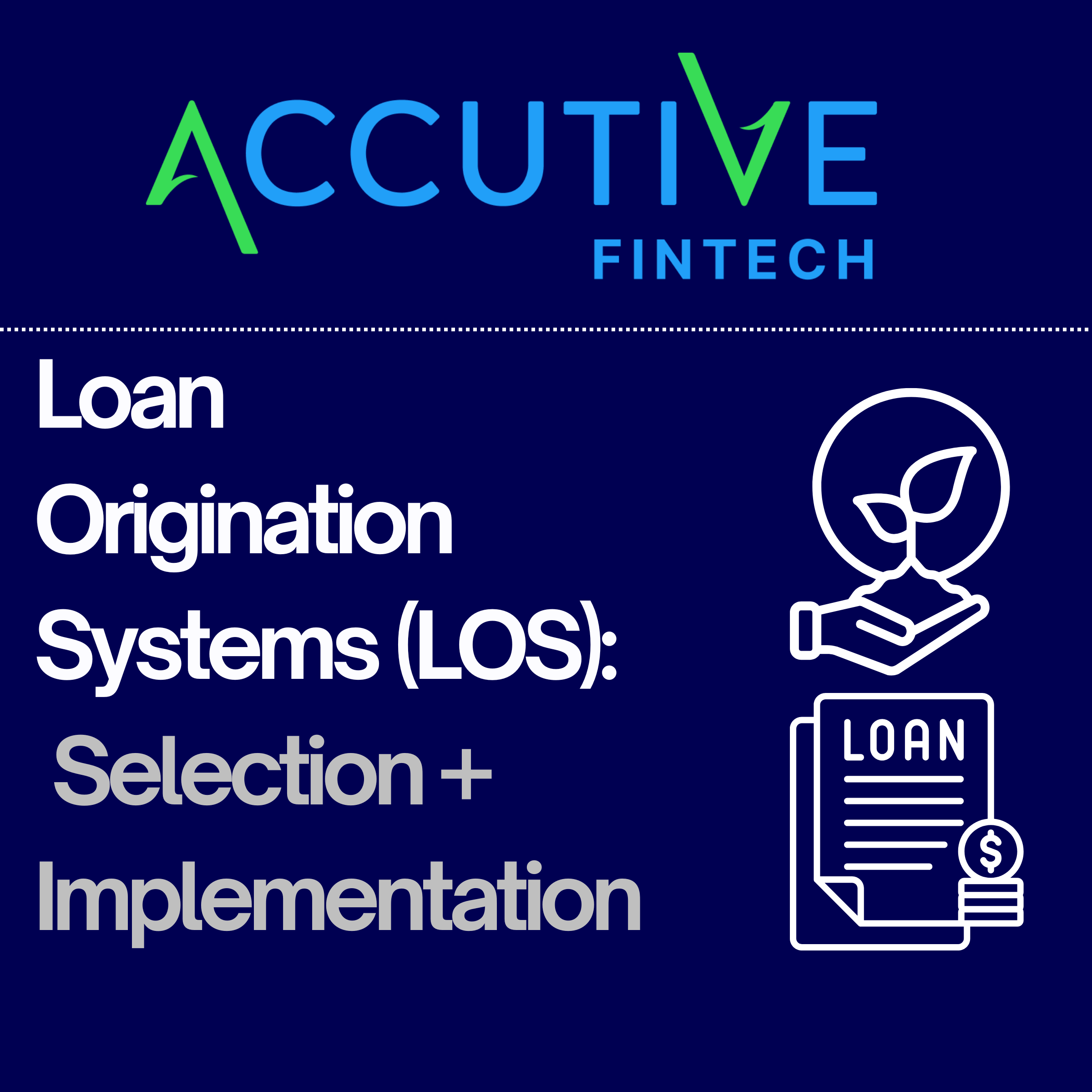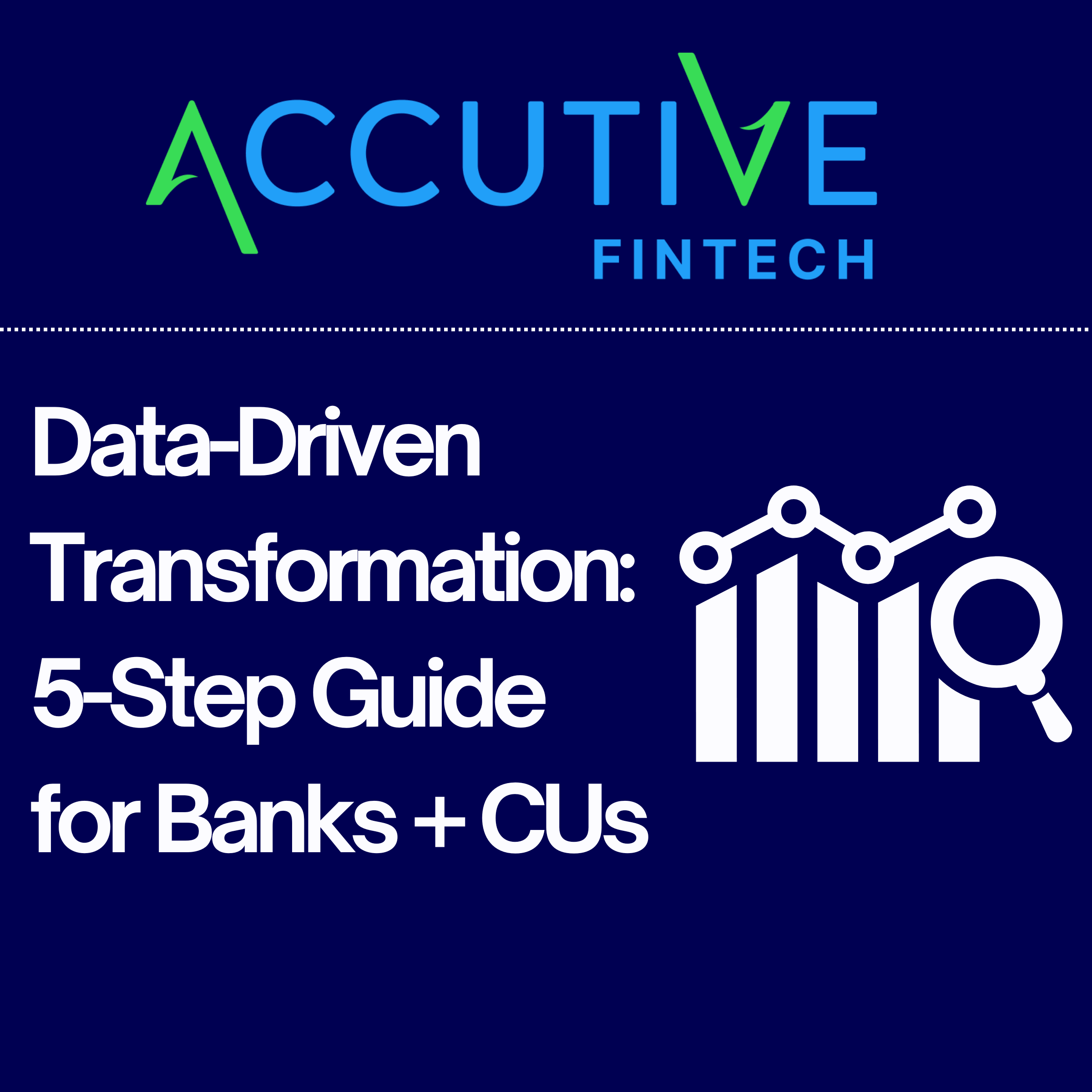Today’s financial institutions rely on numerous applications, platforms, and systems to handle their operations, from customer relationship management (CRM) tools to digital banking platforms. These advanced systems improve productivity and your client experience; however, making these disparate tools and platforms seamlessly work together can be challenging. This is where an Integration Platform as a Service (iPaaS) comes in. But what exactly is an iPaaS, and why is it so crucial to your integration framework? Let’s explore.
What is an iPaaS?
Integration Platform as a Service (iPaaS) is a cloud-based solution that allows businesses to connect different applications, systems, and data sources—both on-premises and in the cloud—into a unified and cohesive environment. Essentially, iPaaS serves as a bridge that enables data to flow smoothly between various software applications, ensuring seamless communication and integration.
An iPaaS solution typically provides tools for designing, deploying, and managing integration workflows without requiring extensive coding knowledge. It supports different integration patterns, such as application integration, data integration, process automation, and B2B integration, making it a versatile choice for businesses of all sizes and industries. API-First Development, which uses API development as the foundation of application building, is enabled by the use of an effective iPaaS platform.
Key Features of iPaaS
An effective iPaaS solution should offer several essential features that enable robust integration:
- Pre-built Connectors: iPaaS platforms come with a library of pre-built connectors to integrate popular applications and services like Salesforce, SAP, AWS, Microsoft Dynamics, and more, reducing the time and effort needed for integration.
- Scalability and Flexibility: As a cloud-based service, iPaaS solutions are inherently scalable, allowing businesses to expand their integrations as needed without worrying about infrastructure limitations.
- Data Transformation and Mapping: iPaaS tools offer data transformation capabilities to convert data from one format to another, ensuring compatibility between different systems.
- Security and Compliance: Robust security features, such as data encryption, user authentication, and compliance with industry standards (like GDPR and HIPAA), are critical for protecting sensitive data during integration processes.
- Monitoring and Analytics: Comprehensive monitoring and analytics tools help businesses track the performance of their integrations, identify bottlenecks, and ensure optimal performance.
- Low-code/No-code Development: Many iPaaS platforms offer intuitive, drag-and-drop interfaces that allow users to create integration workflows without requiring deep technical expertise.
Why an iPaaS Matters in Your Integration Framework
Implementing an iPaaS as part of your integration framework offers several compelling benefits:
1. An iPaaS can Simplify Complex Integrations:
Financial institutions often rely on numerous critical platforms, such as core banking systems, digital banking solutions, digital onboarding tools, and loan origination platforms. iPaaS simplifies these complex integrations by providing pre-built connectors and templates specifically designed for financial applications, reducing time-consuming custom coding and ongoing maintenance efforts.
2. An iPaaS can enhance Business Agility and Compliance:
By enabling seamless data flow between essential financial systems, such as payment processing, risk management, and fraud detection tools, iPaaS enhances agility in responding to market changes and customer needs. This agility supports faster product development cycles, quicker decision-making, and ensures compliance with ever-evolving regulatory requirements through automated data synchronization and real-time reporting.
3. An iPaaS can reduce Integration Costs and Complexity:
Financial institutions can leverage cloud-based iPaaS to eliminate the need for costly on-premises integration infrastructure, reducing both capital expenditures (CapEx) and operational expenditures (OpEx). Additionally, the low-code/no-code capabilities of iPaaS minimize the need for specialized developers, enabling business users and IT teams to collaborate effectively, further reducing labor costs.
4. An iPaaS can help ensure Data Accuracy, Consistency, and Security:
iPaaS provides real-time data synchronization across various financial systems, such as customer relationship management (CRM), transaction monitoring, and regulatory reporting tools. This reduces errors and discrepancies, leading to more accurate data for analytics, risk assessments, and compliance reporting. The platform also offers robust security features to protect sensitive financial data during integration and data transfer.
5. An iPaaS can facilitate Digital Transformation and Modernization:
As financial institutions accelerate their digital transformation journeys, iPaaS provides a bridge between legacy systems and new digital platforms like mobile banking, automated loan processing, and AI-driven customer service tools. This allows for a gradual modernization of IT infrastructure without requiring a full overhaul, reducing risk and maintaining operational continuity.
6. An iPaaS enables Hybrid and Multi-Cloud Strategies:
With many financial institutions operating in hybrid or multi-cloud environments, iPaaS can seamlessly integrate applications and data across private, public, and on-premises systems. This flexibility supports financial firms in building a resilient, scalable, and cost-effective infrastructure, accommodating both existing systems and future technologies.
Common iPaaS Use Cases
iPaaS can be applied in various scenarios to support key business processes and unlock new capabilities for financial institutions:
Creating a unified Customer 360 View:
Integrate data from multiple customer touchpoints, such as core banking, digital channels, CRM, and payment systems, into a single, unified view. This enables personalized customer experiences, efficient service delivery, and insightful analytics to enhance decision-making and customer retention.
Automating Compliance and Regulatory Reporting with an iPaaS:
Financial institutions must adhere to strict regulatory requirements (e.g., KYC, AML, Basel III). iPaaS can automate data collection, validation, and reporting processes across multiple systems, ensuring compliance, reducing manual errors, and speeding up the reporting cycles.
Accelerating Digital Onboarding with an iPaaS:
Seamlessly integrate digital onboarding platforms with core banking and CRM systems to streamline customer account opening and KYC processes. This reduces onboarding time, improves customer experience, and enhances compliance by automating document verification and data validation.
FinTech Integrations via an iPaaS for Real-Time Payments:
Financial institutions often need to integrate with external partners, payment processors, and other financial networks. iPaaS offers secure, reliable, and scalable solutions for real-time data exchange, enabling instant payments, settlement, and reconciliation processes.
Optimizing Loan Origination and Management:
Integrate loan origination systems with credit bureaus, risk management tools, and core banking platforms to automate the loan approval process. This reduces processing time, minimizes risk, and ensures regulatory compliance through consistent and accurate data handling.
Enabling Data Integration for Fraud Detection and Prevention:
Use iPaaS to integrate real-time transaction data with fraud detection systems, machine learning models, and analytics platforms. This allows for immediate identification and response to suspicious activities, enhancing overall security and protecting customer assets.
Choosing the Right iPaaS for Your Financial Institution
When selecting an iPaaS solution, consider the following factors:
- Integration Requirements: Understand your specific integration needs, such as the types of applications, data formats, and integration patterns you require.
- Scalability and Performance: Ensure the iPaaS solution can scale to meet your future needs and handle your current data volumes and integration workloads.
- Security and Compliance: Choose a platform that offers robust security features and complies with relevant industry standards.
- Ease of Use: Look for a solution with an intuitive interface that aligns with your team’s skill set, enabling faster adoption and deployment.
- Vendor Support and Ecosystem: Evaluate the vendor’s reputation, customer support, and ecosystem of partners and third-party integrations.
Leading iPaaS Solutions
When it comes to selecting an Integration Platform as a Service (iPaaS), several leading solutions stand out in the market, each offering unique features and capabilities tailored to different business needs. Here’s a look at some of the most popular iPaaS platforms: MuleSoft Anypoint Platform, Boomi, Workato, and SnapLogic.
1. MuleSoft Anypoint Platform
MuleSoft Anypoint Platform is the market leading iPaaS solution for financial institutions by providing a unified platform for connecting applications, data, and devices across any cloud and on-premises environment. MuleSoft is widely known for its robust API-led connectivity approach, which allows businesses to build an application network using reusable APIs, significantly speeding up development and reducing the complexity of integration.
Key Features of MuleSoft Anypoint Platform:
- API Management: Provides full lifecycle API management, from designing and building APIs to deploying and managing them securely.
- Pre-built Connectors: Offers a vast library of pre-built connectors to integrate with popular applications, databases, and services.
- Data Transformation: Includes powerful tools for transforming data between different formats and protocols.
- Security and Compliance: Offers enterprise-grade security features, including data encryption, tokenization, and compliance with industry standards like GDPR and HIPAA.
- Analytics and Monitoring: Features advanced monitoring and analytics capabilities to track the performance of APIs and integrations.
Why Choose MuleSoft Anypoint Platform?
MuleSoft is ideal for organizations looking for a powerful, flexible platform to handle complex integrations across various environments. It’s especially well-suited for businesses prioritizing API-led connectivity and those that need robust security and compliance features. The platform’s extensive range of connectors and data transformation tools makes it a versatile choice for large enterprises with diverse integration needs. As part of Salesforce, MuleSoft Anypoint Platform integrates seamlessly with Salesforce, including Salesforce Financial Services Cloud.
2. Boomi
Boomi, formerly known as Dell Boomi, offers a cloud-native iPaaS solution recognized for its ease of use, scalability, and rapid deployment capabilities. The Boomi platform provides a low-code interface that simplifies the integration process, making it accessible for users with varying technical expertise. Boomi supports various integration scenarios, including application integration, data integration, B2B integration, and API management.
Key Features of Boomi:
- Drag-and-Drop Interface: Offers a user-friendly, low-code interface that allows users to design integration workflows without extensive coding knowledge.
- Pre-built Connectors and Templates: Provides an extensive library of connectors and templates for popular applications and services, reducing the time required for integration.
- Data Synchronization and Transformation: Includes tools for data mapping, transformation, and real-time data synchronization across different systems.
- Scalability and Flexibility Built on a scalable cloud architecture that can handle growing data volumes and integration workloads.
- Comprehensive Monitoring and Analytics: Features real-time monitoring, alerting, and analytics tools to ensure integrations perform optimally.
Why Choose Boomi?
Boomi is an excellent choice for organizations seeking a quick-to-deploy, easy-to-use integration platform that doesn’t require extensive technical skills. Its low-code environment and vast library of connectors make it suitable for businesses of all sizes, from small to mid-sized companies to large enterprises. Boomi is also ideal for companies that need to integrate systems quickly and efficiently, with minimal setup and configuration. Unfortunately, for financial institutions with highly specialized regulatory and security requirements, Boomi may require additional customization and security enhancements to ensure full compliance with industry-specific standards.
3. Workato
Workato is a cloud-based automation and integration platform that focuses on enabling business users and IT teams to collaborate on building automated workflows. It offers a low-code/no-code interface designed for non-technical users, making it easier for teams to automate processes and integrate applications without requiring deep development skills.
Key Features of Workato:
- Low-Code/No-Code Interface: Empowers non-technical users to create integrations and automate workflows through an intuitive drag-and-drop interface.
- Recipe-Based Integration: Offers pre-built integration templates (called “recipes”) for a wide range of applications and use cases, speeding up the deployment process.
- AI-Driven Automation: Utilizes AI to recommend automation opportunities and optimize workflows.
- Real-Time Data Synchronization: Supports real-time integration and data synchronization between different applications and systems.
- Collaborative Workflows: Enables cross-functional teams to work together on automation projects, enhancing collaboration between business and IT.
Why Choose Workato?
Workato is ideal for organizations looking to empower business users with automation and integration capabilities. Its easy-to-use interface and pre-built recipes make it an excellent choice for companies that want to quickly automate processes and connect applications without heavy reliance on IT teams. However, for financial institutions that require rigorous data governance, advanced security controls, and compliance with stringent regulations, Workato’s emphasis on ease of use and business user empowerment might necessitate additional oversight and customization to ensure that all integrations meet internal and regulatory standards.
Finding the right iPaaS platform for your needs
An iPaaS solution is a powerful tool for any organization looking to streamline its integration efforts and improve operational efficiency. By simplifying complex integrations, enhancing data accuracy, and supporting agile business processes, iPaaS provides the foundation for a modern, connected enterprise. As your business grows and evolves, choosing the right iPaaS platform can make all the difference in driving your digital transformation forward.
While there are many iPaaS options available, MuleSoft is often regarded as the market leader and the best choice for financial institutions due to its robust, out-of-the-box compliance and security features, as well as its API-centric approach that ensures seamless integration across diverse systems and applications. MuleSoft’s platform is specifically designed to meet the stringent data governance, security, and regulatory requirements of the financial services industry, making it an excellent fit for organizations that demand the highest level of control over their data and integrations.
